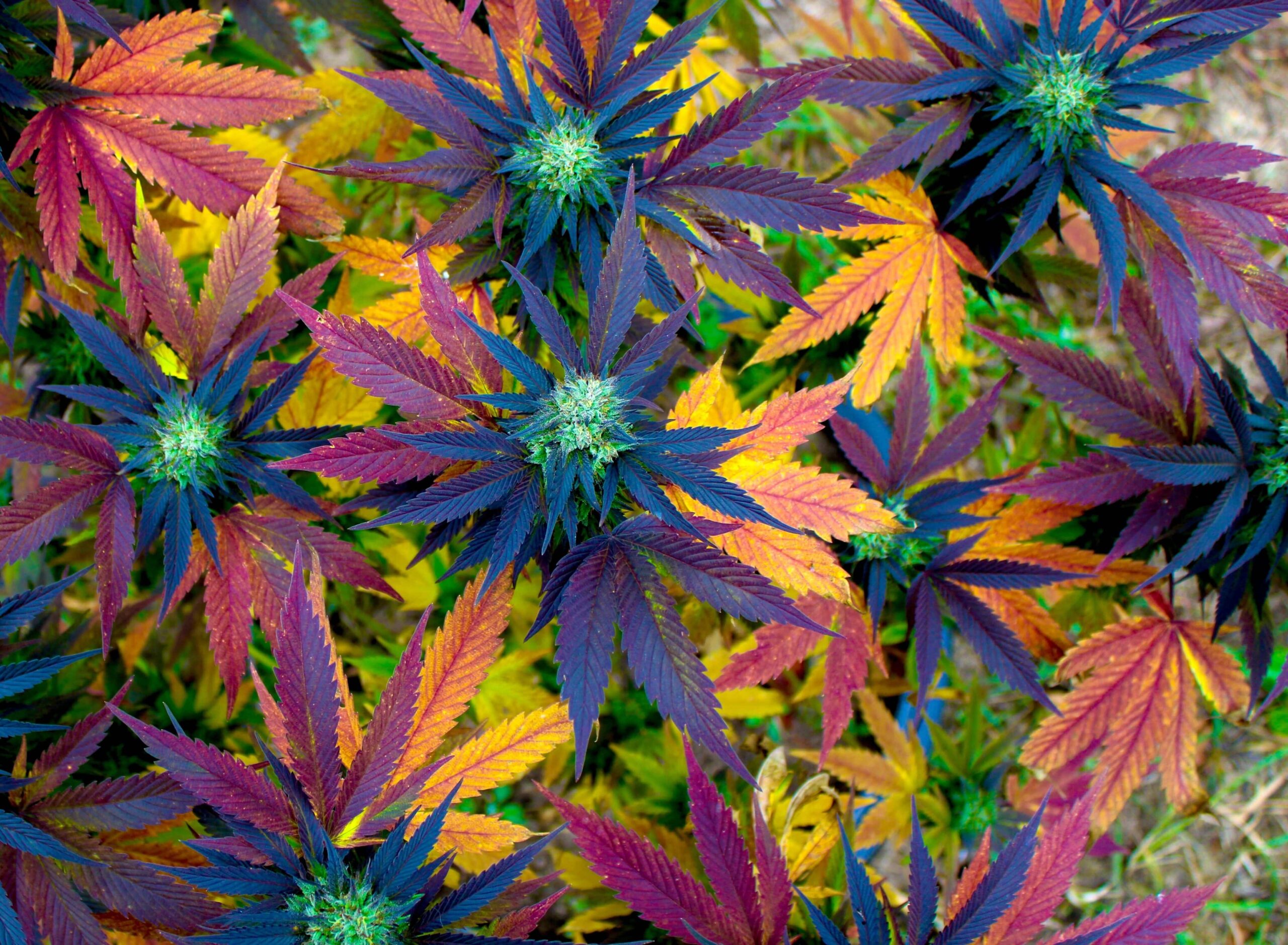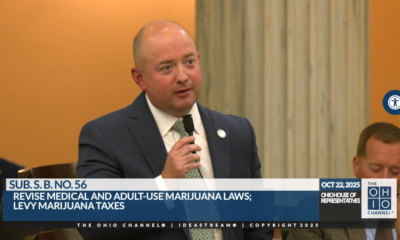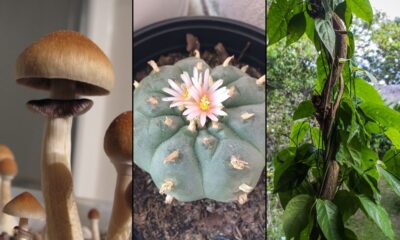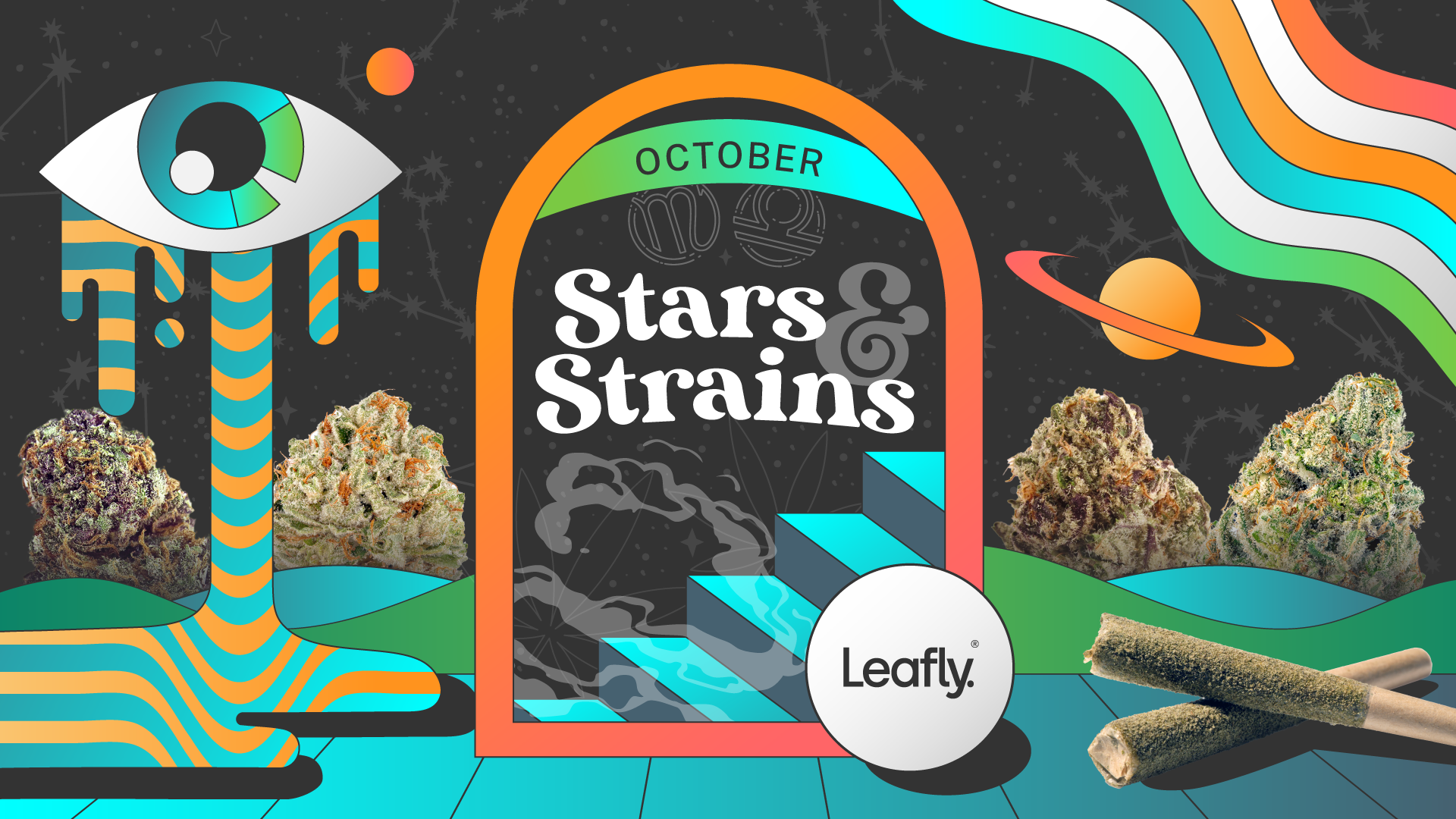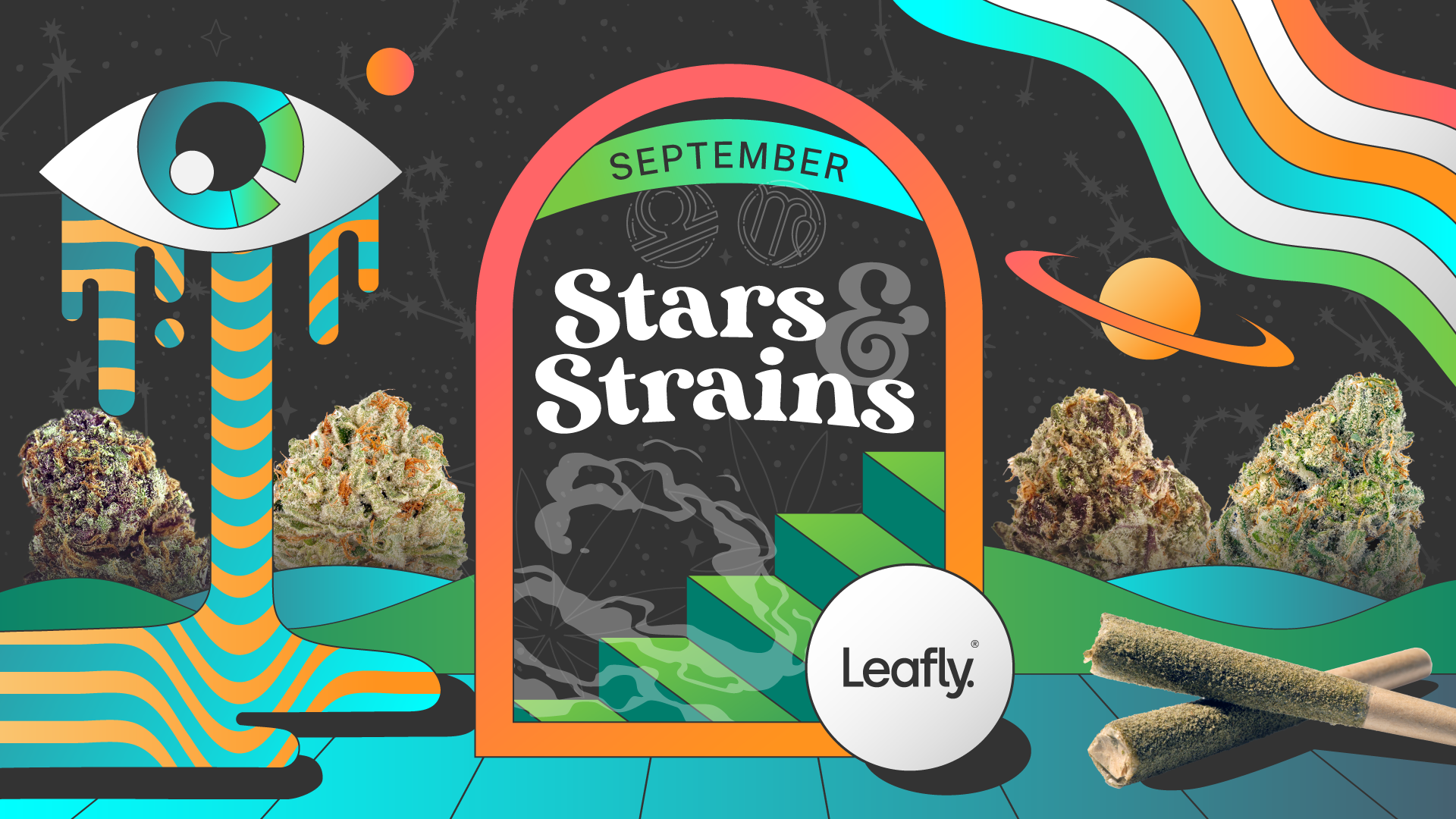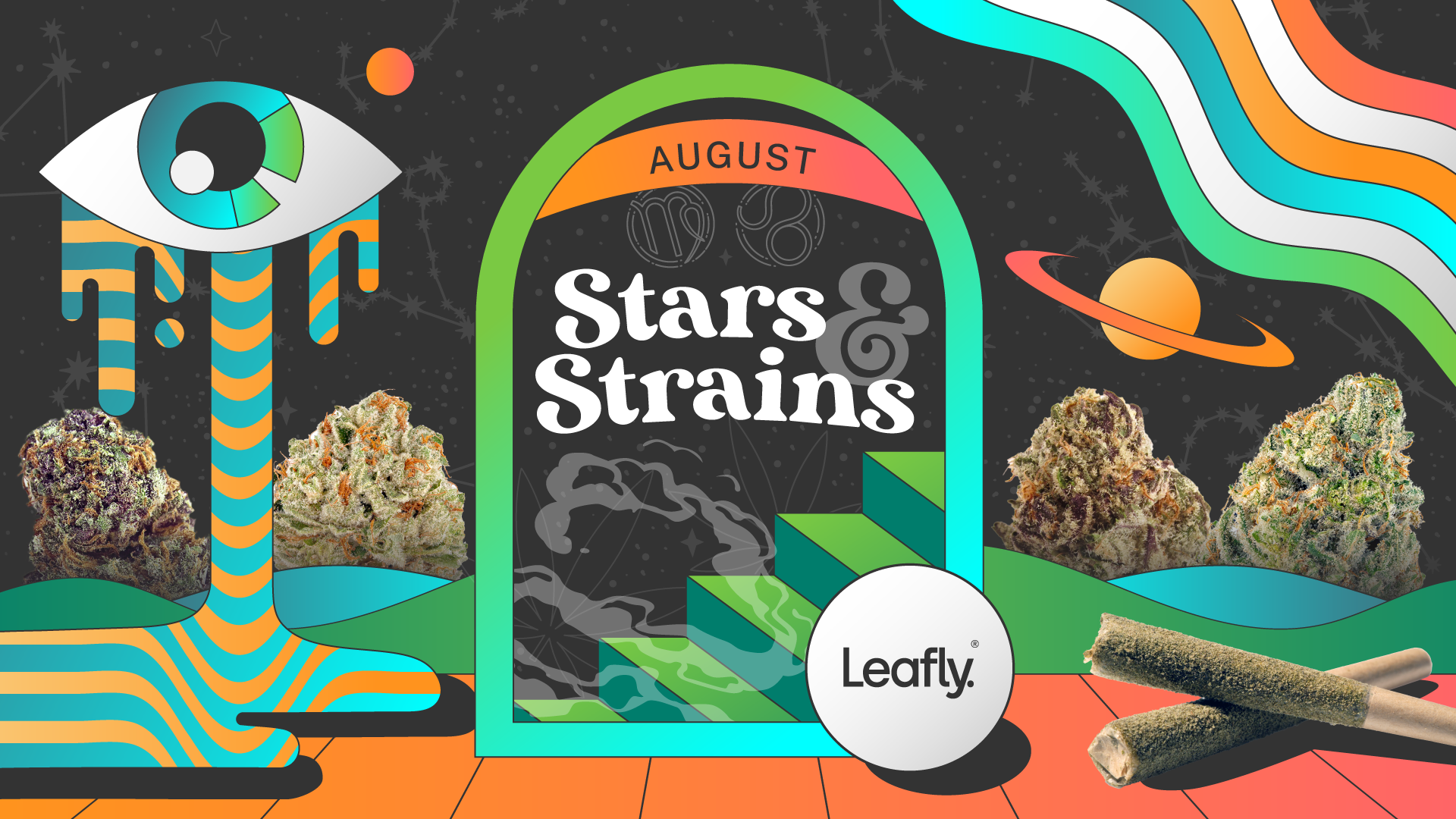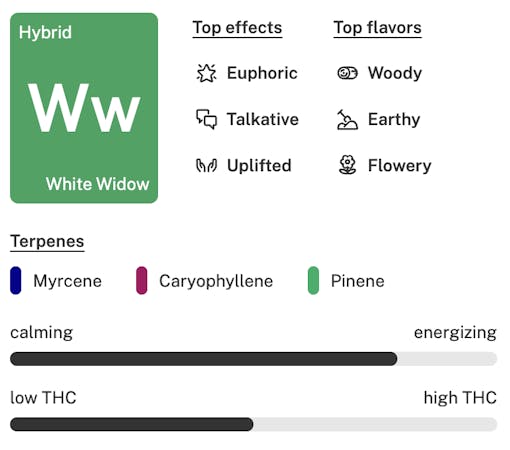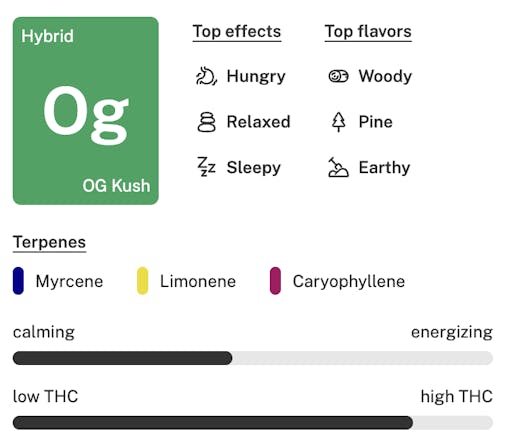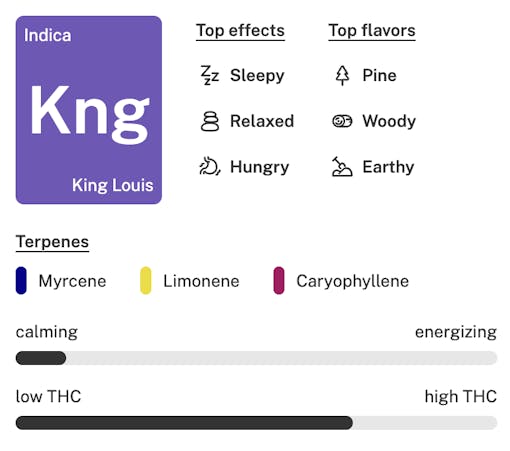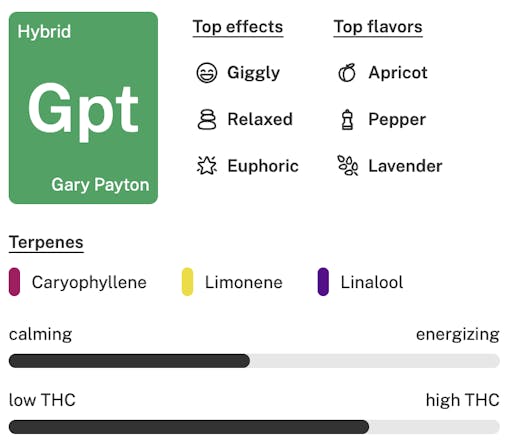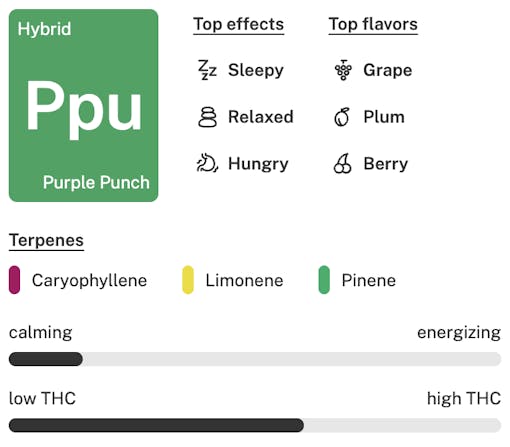Happy spooky season, stargazers! October begins under the balanced influence of Libra season, encouraging harmony, self-reflection, and gentle reevaluation of our relationships. With the Sun in Libra for most of the month, many will feel nudged to restore emotional equilibrium, particularly in close partnerships or creative collaborations.
Jump to your horoscope
The Libra vibe can support peaceful communication and help ease tensions if you’ve been feeling out of sync. This is a good time to check in with yourself, whether during a quiet smoke session or while journaling your thoughts.
But don’t get too comfortable.
The vibe shifts noticeably as we approach late October. On the 22nd, Neptune retrograde drifts back into Pisces, reactivating deeper emotional layers and old dreams we may have shelved or avoided. Neptune rules illusion, intuition, and altered states, so its return to its home sign stirs up the subconscious. And because it’s retrograde, the work is internal. Expect foggy feelings, strange memories, or sudden flashes of insight, especially during introspective highs. Go slow. Stay aware. Let the messages come through without chasing them.
Then Scorpio season hits, and things get real. The airy balance of Libra gives way to Scorpio’s intensity. Emotions run deeper. Boundaries blur. The peaceful detachment of early October is replaced by a need to dive below the surface. This isn’t necessarily bad, but it’s less even, less “neutral.” You may feel pulled toward shadow work, emotional purging, or cutting through illusions that once felt comforting. It’s a good time for solitude, grounding rituals, and tuning in to your raw instincts. Smoke if it helps, but stay mindful: this energy cuts both ways.
Your October horoscope

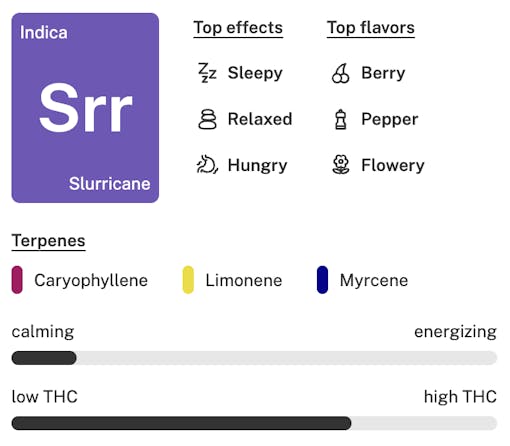
As Neptune drifts into dreamy Pisces this month, your usual fire may feel pulled toward deeper inner realms, so Slurricane gives you that soft, relaxed landing when your energy wants to drift. Slurricane’s slow‑creeping, berry‑sweet chill helps your mind float gently instead of raging, letting intuition speak instead of impulse. Let that smoky calm match the Neptune vibe and help you tune into what’s beneath the surface this month.
October brings a reflective shift for Aries as Neptune retrograde re-enters Pisces on the 22nd, stirring up the quiet corners of your inner world. This planetary move encourages you to slow down and check in with yourself. You might feel more drawn to rest, creativity, or even to revisit old dreams that were put on hold. Don’t rush to act; this is a month for feeling things out rather than forging ahead. The energy supports healing from the past and letting go of expectations that no longer serve you.
By the end of the month, you could start to notice a deeper sense of clarity around personal patterns or emotional cycles. While Neptune retrograde can feel foggy for some, Aries may find surprising strength in the quiet. Give yourself permission to unplug, reconnect with your intuition, and reflect on where you want to go next. Trust that stepping back now will help you move forward with more purpose when the time is right.
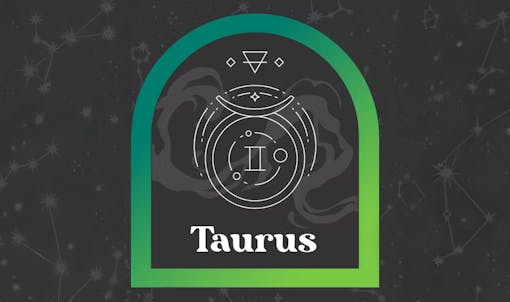
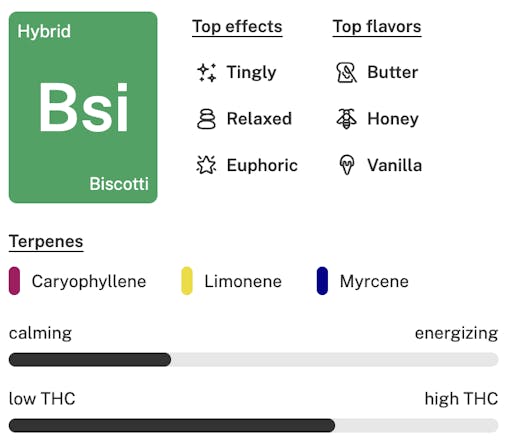
With Neptune slipping into Pisces this month, your earthy practicality might feel called to drift a bit more into dreams and intuition. Biscotti can be your steady anchor. Biscotti’s balanced, creeping-on hazy buzz (with sweet, buttery cookie vibes) melts tension without bulldozing your grounded core.
As October moves along, Taurus may feel a subtle shift in direction, especially around the 22nd, when Neptune retrograde re-enters Pisces. This change gently turns your attention toward your friendships, social networks, and long-term goals. You might find yourself rethinking who you connect with and why, or feeling a little more selective about where you put your energy. It’s a good time to reflect on whether your current circles align with the vision you have for your future.
Shop highly rated dispensaries near you
Showing you dispensaries near
Neptune retrograde can blur boundaries, but for Taurus, it also brings insight into which dreams are worth nurturing and which are better left behind. Let yourself question the bigger picture without needing all the answers right now. The best approach is to stay grounded while being open to new perspectives. Trust your inner sense of what’s meaningful. Clarity will come, especially if you give yourself space to listen.

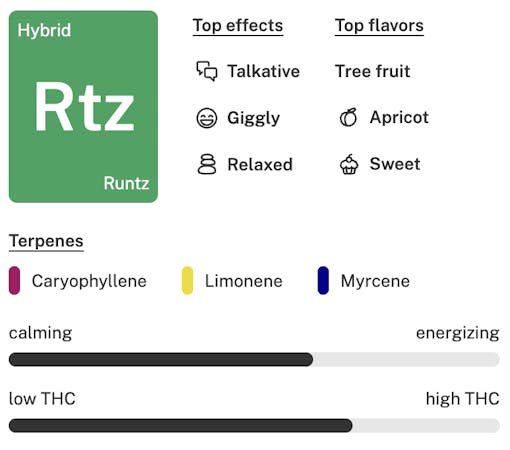
With Neptune slipping into Pisces this month, your thoughts may drift into dreamier, deeper territory, so Runtz can be the spark you need to stay playful while exploring new mental worlds. Runtz’s fruity, candy‑sweet energy lifts you up and makes you more talkative and giggly, without dragging you down.
October encourages Gemini to think more seriously about their place in the world, especially as Neptune retrograde shifts back into Pisces on the 22nd. This planetary movement highlights your career, reputation, and long-term goals. You may start questioning what success really means to you, or feel uncertain about the direction you’re heading. Rather than pushing forward too quickly, take time to reflect on whether your current path still feels true to who you are.
Neptune retrograde in this area can blur external expectations, but it also gives you a chance to reconnect with your deeper motivations. If you’re feeling out of sync professionally, don’t panic: clarity often follows periods of uncertainty. Use the rest of the month to quietly reassess your ambitions and make space for more authentic goals to emerge. You don’t have to have it all figured out; just stay honest with yourself and open to gradual change.

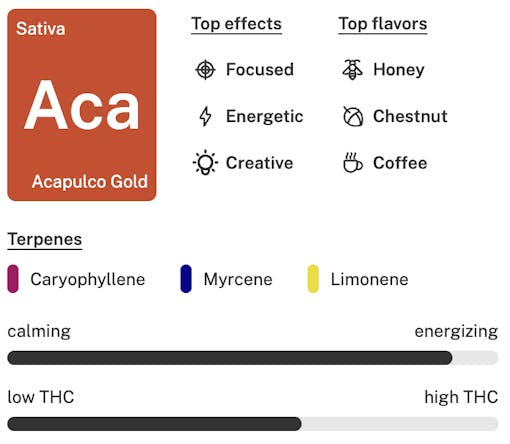
With Neptune sliding into Pisces this month, your emotional world might feel more fluid and dreamy than usual, so Acapulco Gold can help you stay uplifted without losing your grounding. Its bright, cerebral energy and sweet citrus-woody notes give you a gentle lift when your inner waters are stirring. Use it as your monthly sunbeam to keep your mood buoyant even while you float deeper inside.
October invites a quiet sense of expansion for Cancer, especially once Neptune retrograde re-enters fellow water sign Pisces on the 22nd. This shift touches your ninth house of beliefs, travel, and broader perspectives. You may feel the urge to step back and reflect on your personal worldview, or revisit spiritual or philosophical ideas that once inspired you. If you’re unsure what you believe in right now, that’s okay. This is a time to explore gently, not define things too rigidly.
With Neptune retrograde in this thoughtful area, it’s helpful to question what feels true rather than clinging to old assumptions. Dreams of travel, learning, or creative growth could return, but they may look different than before. Trust that you’re slowly aligning with a more honest and meaningful path. Give yourself time to wander through big ideas without needing everything to make perfect sense just yet.

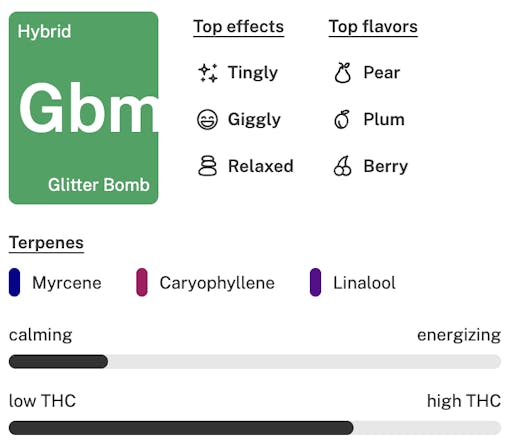
With Neptune sliding into Pisces this month, your bigger-than-life heart might start reaching for deeper connections, so Glitter Bomb gives you that sparkle without losing your shine. Its loud, berry‑gas buzz keeps the vibe bright and social, even when your emotions go soft.
This October, Leo may feel a quiet emotional shift as Neptune retrograde re-enters Pisces on the 22nd. This movement highlights your eighth house, which governs shared resources, emotional depth, and transformation. You might begin rethinking your relationship with intimacy, trust, or financial matters connected to others. While things could feel uncertain or hard to define, this is a valuable time for tuning into your deeper instincts rather than rushing to find clear answers.
Neptune retrograde in this part of your chart invites you to gently explore the layers beneath the surface. If you’ve been avoiding emotional topics or financial complexities, now’s the time to revisit them with honesty and care. It’s not about solving everything right away, but about understanding where you stand and what feels emotionally true. Let clarity come slowly—and lean into trust, both in yourself and in the process.

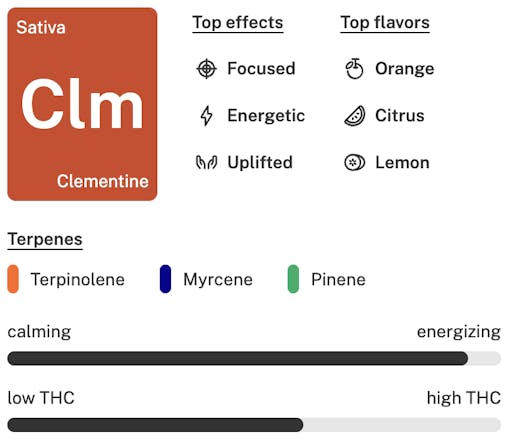
As Neptune glides into dreamy Pisces this month, your mind might pull you toward subtle currents and inner whispers. Clementine helps you stay alert and clear while you drift. Being a sativa‑dominant strain with bright citrus energy and focus vibes, it gives your thinking a gentle kick without scrambling your grounded side.
October brings a softer, more introspective tone for Virgo, especially around October 22 when Neptune retrograde moves back into Pisces, your opposite sign. This shift gently highlights your close relationships, inviting you to reflect on how connection and support show up in your life. You may notice unclear dynamics with a partner, friend, or collaborator coming back into focus. Rather than rushing to fix things, try approaching conversations with curiosity and patience.
Neptune retrograde in this part of your chart may blur boundaries or bring old relationship patterns to light. While this can be emotionally confusing at times, it’s also an opportunity to gain clarity about what you truly want from your connections. Use the rest of the month to listen more closely to others and to yourself. Trust will grow through honest, steady reflection, not pressure or perfection.

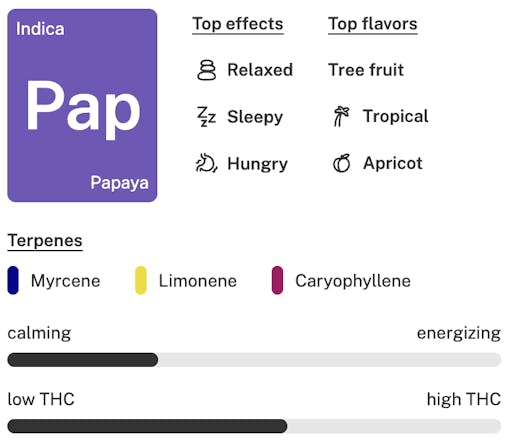
With Neptune gliding into Pisces this month, your balance-loving soul might lean toward soft daydreams, and Papaya helps you float without losing your center. This indica-dominant hybrid has that tropical, calming energy that lets your emotions relax while your mind stays cozy and clear. Use Papaya as your mellow compass this month and let your inner waves rise without tipping over.
Happy Birthday, Libra! October brings a gentle pull inward, especially around October 22nd when Neptune retrograde re-enters Pisces. This shift activates your sixth house, which relates to daily routines, health, and work habits. You may start to feel less focused on productivity and more aware of how your energy is being used. If things have felt overwhelming or out of balance lately, this is a good time to step back and simplify where you can.
Neptune’s retrograde motion in this area can create a sense of fog around responsibilities or wellness goals, but it also opens the door to healing and mindfulness. Instead of pushing for structure, consider tuning into what your body and mind actually need. Whether that’s rest, gentler routines, or clearer boundaries, trust your intuition to guide you. Small changes now can lead to greater clarity later.

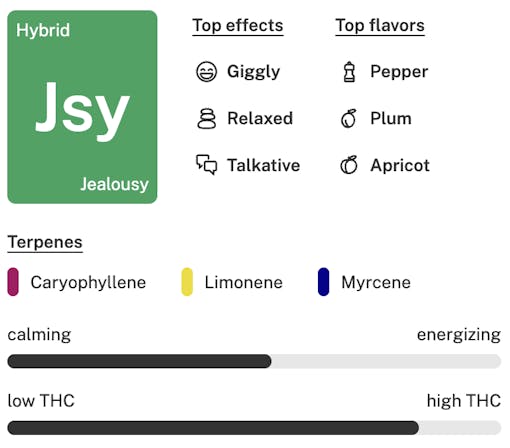
With Neptune slipping into Pisces this month, your emotional depths are calling for a blend of intensity and ease. Jealousy can lean you into that space. Its sweet, creamy buzz with peppery undercurrents balances the fire in you while giving your inner waves room to move. Let Jealousy be the bridge between your passion and the softer currents Neptune’s stirring this month.
October brings Scorpio a chance to slow down and sort through what’s been clouding your focus. With the Sun in your sign later in the month, you’ll feel a boost of personal energy and motivation, but early October is more about observing than acting. You’re likely reflecting on your goals, boundaries, and where your energy is best spent. This is a good time to revisit old creative projects or reconnect with what makes you feel genuinely fulfilled without overcomplicating things.
A key shift happens on October 22nd, when Neptune retrogrades back into Pisces. For Scorpio, this influences your fifth house of self-expression, creativity, and pleasure. Neptune here can blur lines between fantasy and reality, so during the retrograde, you’re being asked to look closer at what’s real in your creative life or romantic connections. It’s not about cutting things off: it’s about seeing them clearly. If something has felt too idealized or confusing, this retrograde gives you the space to re-evaluate without pressure. Trust your instincts, but double-check the facts.

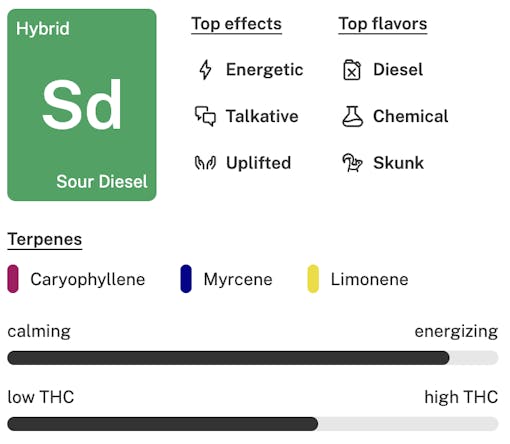
With Neptune drifting into Pisces this month, your usual wanderlust might shift inward, and Sour Diesel can give you the mental lift to explore without getting lost. Its fast‑acting, energizing, cerebral buzz cuts through fog and lets you chase ideas with clarity. Let it be your spark when your spirit wants to drift but your mind still needs fire.
October encourages Sagittarius to take a step back from the hustle and focus on rest, reflection, and wrapping up unfinished business. While you’re usually looking ahead, this month asks you to pause and check in with yourself. Time spent behind the scenes or in quiet settings can be especially grounding. You may find clarity in solitude, and old ideas or relationships might resurface for a second look. Don’t rush decisions. Things will unfold at their own pace.
Neptune retrograding into Pisces on October 22nd brings attention to your home and emotional foundations. This shift highlights your fourth house, which deals with family, roots, and inner stability. If things have felt uncertain or idealized in your living situation or personal life, the retrograde invites you to reassess. It’s a chance to clear up confusion, face what you’ve been avoiding, and reconnect with what truly feels like home. Be gentle with yourself. This process is more about awareness than action right now.
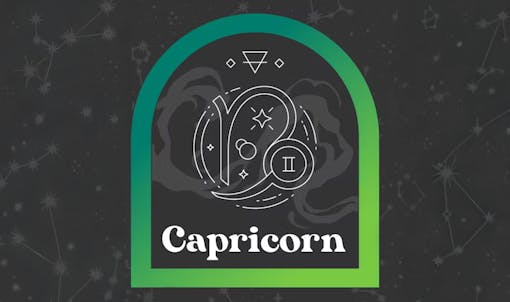
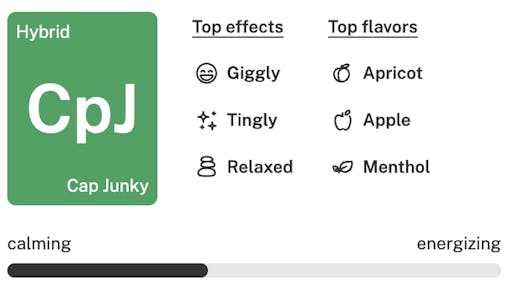
With Neptune easing into Pisces this month, your usual ambition might flirt with mystery and inner quests, so Cap Junky gives you a heavy, focused lift to stay grounded in your goals. This potent hybrid (Alien Cookies × Kush Mints) brings that tingly, euphoric edge alongside calming balance, great for mixing drive and depth. Let Cap Junky help you channel the fog into fuel, turning dreamy vibes into bold purpose.
October brings a steady pace for Capricorn, with a focus on career goals, social connections, and the bigger picture. You’re likely thinking about where you’re headed and who you’re aligned with. This is a good month to organize your plans and make quiet progress without pushing too hard. You may find that your efforts behind the scenes carry more weight than what’s happening publicly. Stay consistent, and trust that small steps add up.
On October 22nd, Neptune retrogrades back into Pisces, highlighting your third house of communication, learning, and local connections. For Capricorn, this may bring a softer, more introspective tone to how you express yourself. If you’ve felt uncertain about a conversation, contract, or idea, this retrograde helps you revisit it with fresh eyes. It’s also a time to be more mindful of how clearly you’re being understood. Misunderstandings can clear up, but only if you’re willing to slow down and listen as much as you speak.

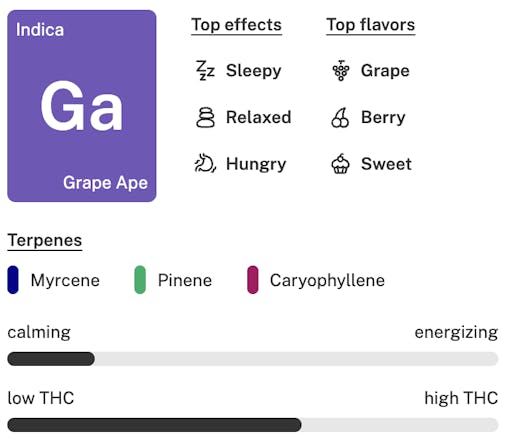
With Neptune slipping into Pisces this month, your airy mind might get swept up in deeper waves, so Grape Ape gives you a soft, grounding backdrop. Its indica‑leaning calm (with that sweet grape, berry flavor) helps quiet the mental hum without shutting you down. Anchor your thoughts so you can explore those inner currents without losing your sparkle.
October invites Aquarius to take a closer look at your goals, especially around finances, values, and long-term security. You may feel more serious than usual about where your time and energy are going, and that’s a good thing. There’s no need to rush. Just take stock of what feels stable and what needs a bit more structure. Trust your judgment, and don’t be afraid to make quiet adjustments behind the scenes.
On October 22nd, Neptune retrogrades into Pisces, bringing attention to your second house of money, self-worth, and personal priorities. If things have felt unclear or idealistic in these areas, this retrograde helps you spot where reality and wishful thinking may have blurred together. It’s not about cutting things out. It’s about getting honest. Are you spending in ways that reflect your values? Are you giving away your time or energy without noticing? This is your chance to realign gently, without pressure.

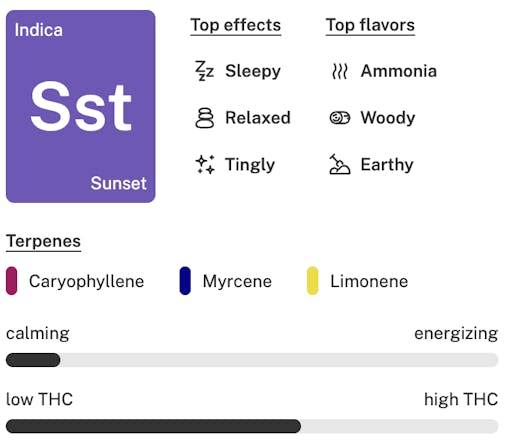
With Neptune sailing into your sign this month, Sunset (aka Sunset OG) is the perfect match to your new wave of depth and intuition. Its chill, sedative energy and woody tones help you lean into the dreamy while keeping your body grounded.
October brings Pisces a chance to regroup and focus on your inner world. You may feel pulled to reflect more than act, especially as certain beliefs or long-term plans come up for review. Let yourself step back from distractions and think about what’s really guiding you right now. It’s a good month for journaling, reconnecting with your spiritual side, or simply allowing yourself to rest more than usual.
The big shift this month is Neptune retrograding back into your sign on October 22nd. This transit can feel subtle but meaningful, especially for Pisces, since Neptune is your ruling planet. You might notice a need to reevaluate how you’ve been showing up in the world, or how much of yourself you’ve been giving away. If you’ve been unclear about your identity, direction, or boundaries, this retrograde gives you space to find your footing. It’s a good time to slow down, tune in, and let go of anything that doesn’t reflect who you really are.
Check out last month’s horoscopes.

